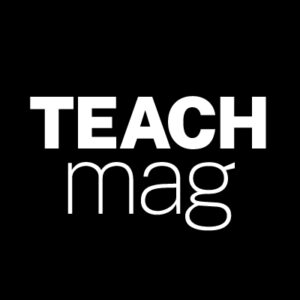Originally published in TEACH Magazine, March/April 2012 Issue
As part of TEACH Magazine’s Digital Literacy Initiative, we asked our readers, What Does Digital Literacy mean to you? Readers wrote in and explained how being digitally literate impacts them as educators, librarians, administrators, or principals.
At one end of the spectrum digital literacy means basic comfort and competence in using computers, smart phones, electronic tablets, and other web-accessible devices. Toward the other end it means what some call information literacy, the ability to judge the quality of information one receives through electronic means. If literacy is getting meaning from print, then digital literacy is getting basic meaning from what you read — or have read out loud to you – through the use of a digital electronic device. It is also, at the higher end of the spectrum, sorting out wheat from chaff, using the higher order thinking skills of analysis, synthesis, and evaluation.
TEACH is the largest national education publication in Canada. We support good teachers and teaching and believe in innovation in education.


